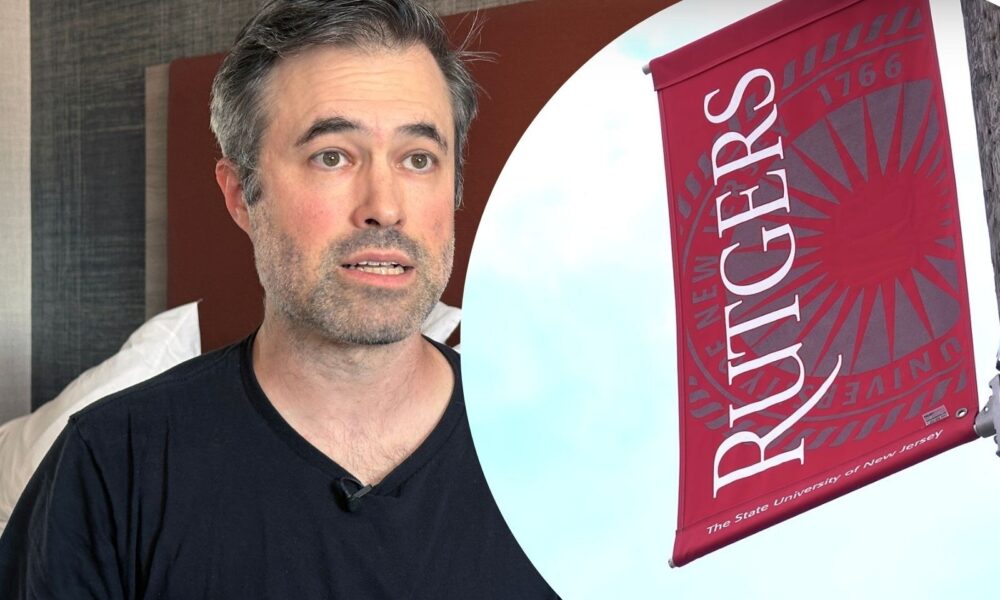Msgr. Paul V. Garrity reflects on the complexities of contemporary discourse while recovering from a broken wrist. He emphasizes the urgent need for constructive dialogue as society grapples with increasing polarization. The challenges facing individuals and communities are multifaceted, and the current climate demands a collective effort to foster understanding and cooperation.
A significant aspect of the problem lies in the way news is consumed. Msgr. Garrity points out that relying solely on one source for information—whether it be social media platforms like TikTok and Twitter or traditional channels like FOX News and MSNBC—limits the breadth of perspectives available to citizens. This narrow approach can lead to a more entrenched view of issues, resulting in heightened partisanship and an inability to find common ground.
The historical context of public discourse serves as a reminder of the need for engagement. In the 1970s, “The Advocates,” produced by WGBH in Boston and KCET in Los Angeles, highlighted significant issues with a diverse range of guests, including figures like Ronald Reagan and Walter Cronkite. This program encouraged viewers to reflect on their opinions after hearing various perspectives, fostering a culture of dialogue that is sorely lacking today.
Msgr. Garrity laments the current state of political commentary, noting that politicians often sidestep direct questions in favor of rehearsed responses that avoid genuine discourse. The Sunday morning news shows, he argues, have devolved into political theater, where guests frequently contradict one another without addressing the underlying issues. This trend further fuels polarization and detachment from the realities of governance.
The importance of engaging with differing viewpoints cannot be overstated. Msgr. Garrity asserts that merely listening to those with whom one already agrees does not contribute to personal or societal growth. The ability to engage in meaningful conversation, where understanding and empathy take precedence over persuasion, is essential for healing societal rifts.
Democracy, as history has shown, can endure through crises, including civil conflicts and global pandemics. Yet, it is currently threatened by a culture of disrespect that has permeated public discourse. Msgr. Garrity likens democracy to a brick building, where each individual acts as a vital component in maintaining its integrity.
As the nation grapples with deepening partisanship, it is essential to acknowledge that seeking a “silver bullet” solution is unrealistic. Progress requires continuous effort and a commitment to understanding one another, even amid disagreement. The journey toward a more unified society begins with each individual taking steps to foster dialogue and respect.
In conclusion, Msgr. Garrity calls for a renewed commitment to civil discourse as a pathway to overcoming division. The challenges of today may feel overwhelming, but through collaboration and understanding, there is hope for a more harmonious future.







